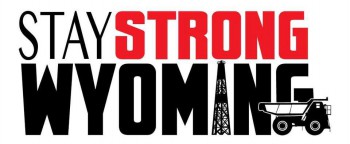(The Hill, February 5) – Sen. Mike Enzi (R-Wyo.) said Tuesday that a Government Accountability Office (GAO) report shows his “anti-coal” colleagues that coal is needed to generate federal revenue.
“Some of my anti-coal colleagues requested a report on the coal leasing program and when the report showed that each year it adds around $1 billion to the treasury, the coal opponents concentrated on misleading people into thinking the program is not competitive,” Enzi said.
The GAO report on the Bureau of Land Management’s (BLM) federal coal-leasing program found that more than 40 percent of U.S. coal production in 2012 came from federal leases, which generate revenue.
But Sen. Ed Markey (D-Mass.) interpreted the report differently, saying it proved coal lease sales in Wyoming and Montana were using “noncompetitive practices” that could be cheating taxpayers out of more revenue. Markey called for a temporary suspension of new sales of coal rights until the shortcomings identified in the GAO report are addressed.
“These noncompetitive practices are costing taxpayers in Massachusetts and across the nation, benefitting just a few coal companies who may be leasing public coal resources at bargain basement prices,” Markey said Tuesday. “Taxpayers are likely losing out so that coal companies can reap a windfall and export that coal overseas where it is burned, worsening climate change.”
Enzi said lawmakers could better spend their time, rather than “propagating a misinformation campaign” about the energy source that is abundant in his state.
“I’m proud of Wyoming and our coal,” Enzi said. “Without it, some of our friends on the coasts would be experiencing a lot higher energy prices than they are now and there would be more people looking for work.”
Republicans have accused President Obama and Democrats of waging a “War on Coal.” Last year, the administration announced that it would place carbon emission limits on newly constructed coal power plants. Scientists have said carbon emissions contribute to air pollution and global climate change.
